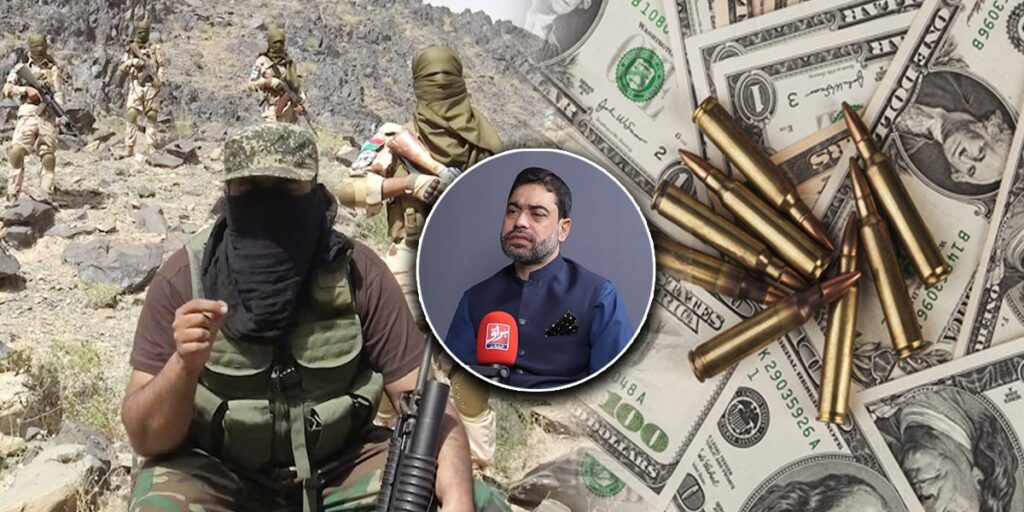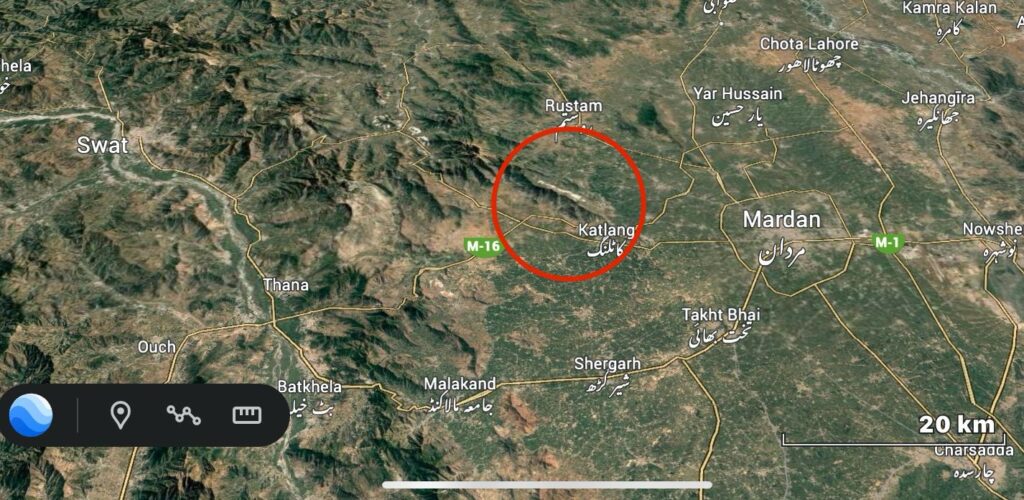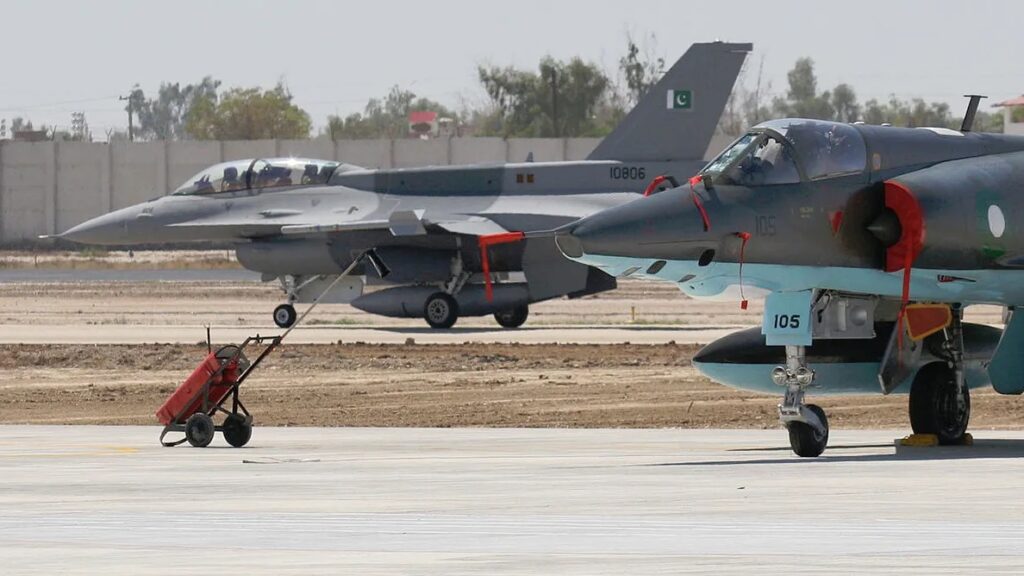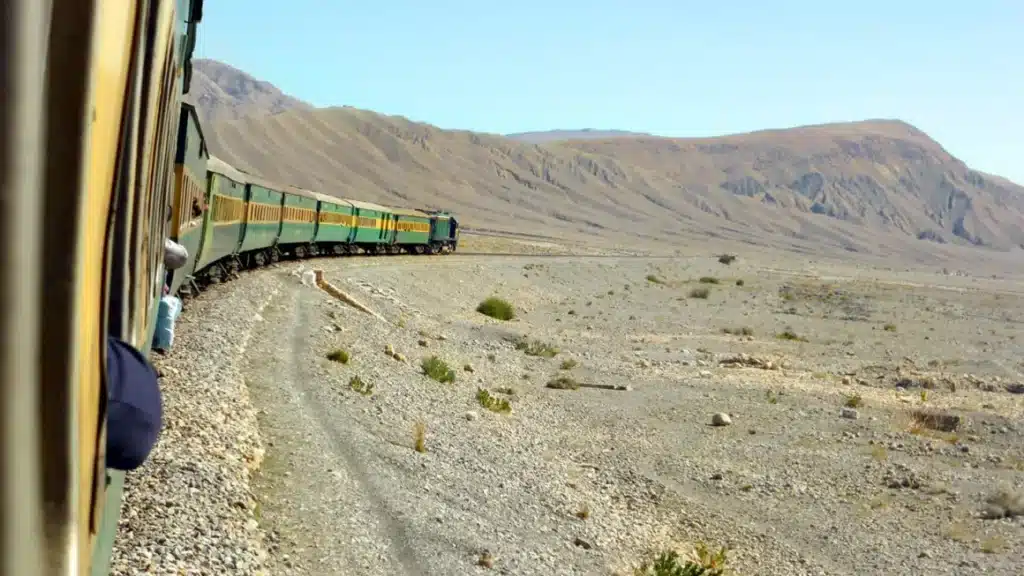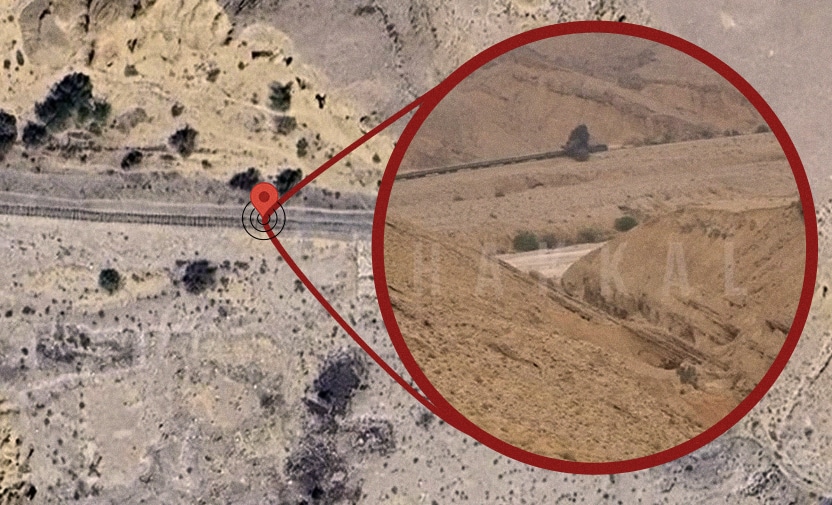By: Babar Yousafzai
Every time a tragedy strikes Balochistan or any other restive corner of our country, the usual cycle begins. Bodies are politicized. Roads are blocked. Hashtag trend. And then come the statements — a barrage of selective outrage, carefully choreographed to serve an agenda far removed from the actual suffering of the people.
Let me speak clearly. This is not about justice, not about rights, and certainly not about freedom. This is about a well-oiled machine of manipulation — funded, directed, and amplified by foreign hands with local proxies doing the dirty work. And the victims? They’re often young, misled, and discarded when inconvenient. I’ve seen it too often, and it’s time to call it what it is: a bloody drama staged on the dead bodies.
Take the recent case of Zeeshan Zaheer. They’ll tell you he was a victim. That he was silenced. That the state was to blame. But dig deeper, and you’ll find an uncomfortable truth: he was one of them — once useful, then disposable. His so-called comrades didn’t just abandon him; they orchestrated his end. That’s how this game works. Once you question the narrative, once your conscience awakens, they mark you as a threat.
I’ve spoken to former fighters — young men taken to the mountains on promises of honour and liberation. But when they arrive, they see the truth: the leaders live comfortably in Europe, in Iran, or Afghanistan. The boys on the ground are just pawns — brainwashed to kill, used to die. And when they try to leave or speak out, they’re eliminated by the very hands that recruited them.
And yet, every time one of these operatives falls, we see the same faces — the so-called “activist women” — rushing to Twitter, turning him into a hero, spinning tales of martyrdom. These aren’t grassroots voices. They’re paid agents. Yes — paid. Every tweet, every video, every trending hashtag earns dollars. That’s the currency of this fifth-generation war, where the battleground is your screen and the weapon is emotional manipulation.
They used to push names like Mahrang. Now it’s Zeeshan. Tomorrow it will be someone else. The pattern is always the same. These women aren’t speaking for Baloch women — they’re speaking against Balochistan, using carefully crafted content to sow hate against the state. And they’re not even doing it alone. Many of the accounts they use are fake, operated from India or Israel, under Baloch names with AI-generated bios and translated slogans.
Let me ask you: how hard is it to fabricate an identity today? One Google search, a fake profile picture, and suddenly you’re a “Baloch voice” advocating from Toronto or Tel Aviv. But the people here on the ground — the real Baloch — they’re being misled, radicalized, and destroyed.
This is a war not of guns but of narrative. And in this age of AI, of digital disinformation, the stakes are higher than ever. If we don’t counter this propaganda — if we don’t tell the real story — then we risk losing not just our land but the minds of our next generation.
That’s why others like me — from platforms like Burak Digital — have committed ourselves to exposing the truth. We won’t let foreign proxies rewrite our story. We won’t let the sacrifices of our martyrs be mocked by drama artists in London flats.
It’s time we ask the tough questions. Who profits when young Baloch men are turned into suicide bombers? Who funds the activists who praise them? Who writes the scripts they read from?
And most importantly, who stands to lose if peace ever truly comes to Balochistan?
I already know the answers. Do you?

